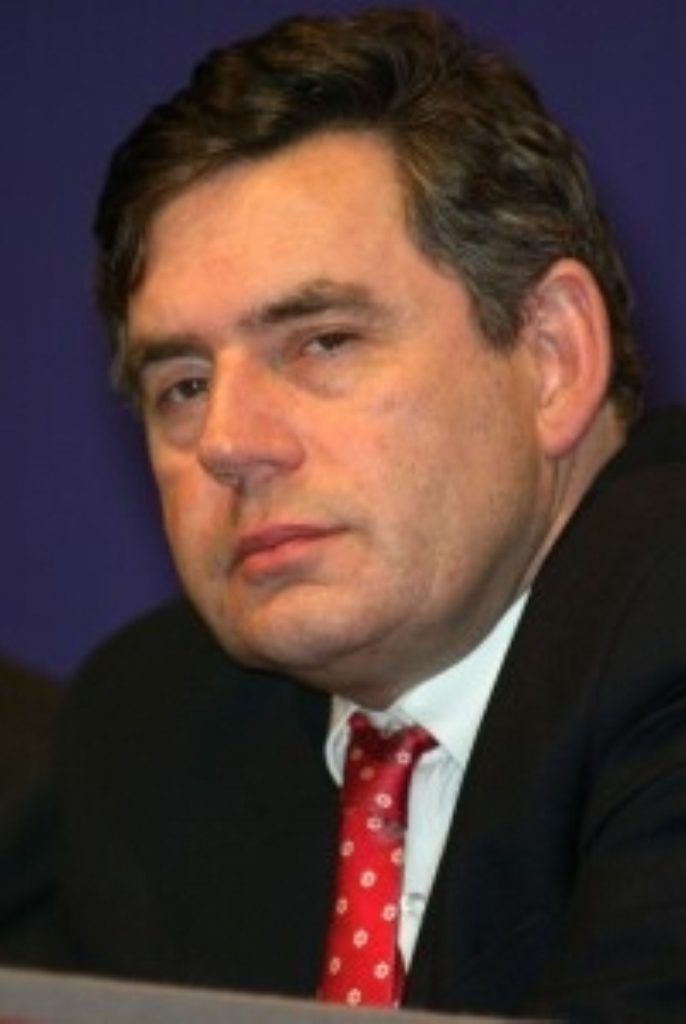Brown calls for stronger dollar
Chancellor of the Exchequer Gordon Brown called on US treasury chiefs on Thursday to strengthen the dollar to curb the greenback’s depreciation on world financial markets.
Mr Brown said the weak dollar was unfavourably affecting the British economy.
Discussing the pre-budget report, Mr Brown told MPs on the Treasury select committee that America had yet to set a clear strategy for bringing trade and budget deficits down.
The US current account deficit stands at $164.7 billion (85 billion pounds) in Q3 of this year.


“The depreciation of the dollar is a factor that is affecting not just the British economy but economies around the world,” Mr Brown said before he flew off to New York.
Mr Brown also said the European economy had to contribute more to world economic growth and urged Japanese ministers to pursue financial sector reform.
The Chancellor is expected to meet Alan Greenspan, chairman of the Federal Reserve, John Snow, US Treasury Secretary, in Washington, and representatives from the World Bank and IMF over the weekend.
He is pencilled in to speak on development at the United Nations and Council for Foreign Relations in New York on Friday.
The greenback is currently close to $2 to the pound, rendering British exports to America expensive.
Washington has said cutting deficits would be a top priority in US President George Bush’s second term of office.
With Britain taking up the cudgels of the presidencies of the EU and G8 of leading industrial nations in 2005, Mr Brown has vowed to launch new policies to cut debt relief for African countries.
The Blair government perceives 2005 as a “make or break year” in the fight against global poverty.
Mr Brown said he was “optimistic” the Bush administration would support his brainchild – the international finance facility – aiming for 100 per cent debt relief to poorer nations.
In Washington, Mr Brown will outline his version of the world war two “Marshall Plan” to the US Treasury chiefs.
He is behind the push to raise aid spending in the G8 to 0.7 per cent of national income. Britain plans to do so unilaterally by 2013.












